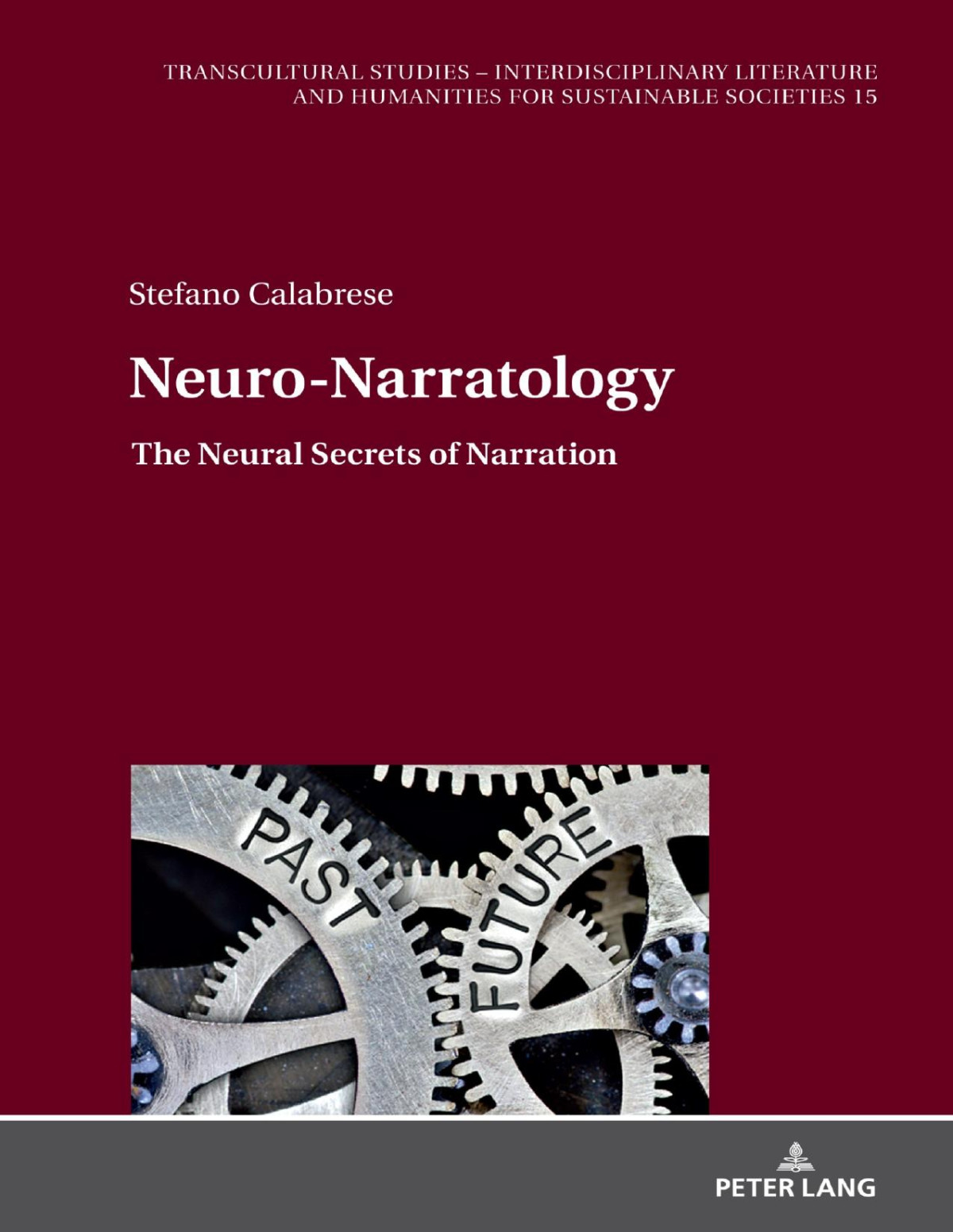

Most ebook files are in PDF format, so you can easily read them using various software such as Foxit Reader or directly on the Google Chrome browser.
Some ebook files are released by publishers in other formats such as .awz, .mobi, .epub, .fb2, etc. You may need to install specific software to read these formats on mobile/PC, such as Calibre.
Please read the tutorial at this link: https://ebookbell.com/faq
We offer FREE conversion to the popular formats you request; however, this may take some time. Therefore, right after payment, please email us, and we will try to provide the service as quickly as possible.
For some exceptional file formats or broken links (if any), please refrain from opening any disputes. Instead, email us first, and we will try to assist within a maximum of 6 hours.
EbookBell Team

4.7
86 reviewsWhat happens in our brain when we create a story? Based on neuro-cognitivism, the study of narratives – ranging from novels to “life-stories”, which relate to interstitial topics – has become more rigorous. In fact, an unparalleled panorama of constants, cemented since the Upper Palaeolithic, has been added to an unprecedented awareness of how each cultural habitat shapes the narratives of its inhabitants. This occured according to a particular neuro-cognitive style, thus limiting the so-called “authorial” freedom. Narratives – whether they originate from the Muses or from the voice of a completely illiterate individual – are like compressors that can zip together all the most crucial elements in our existence: time, space, intentions, purposes, agents and instrumental actions. For this reason, they represent an inexhaustible object of research.